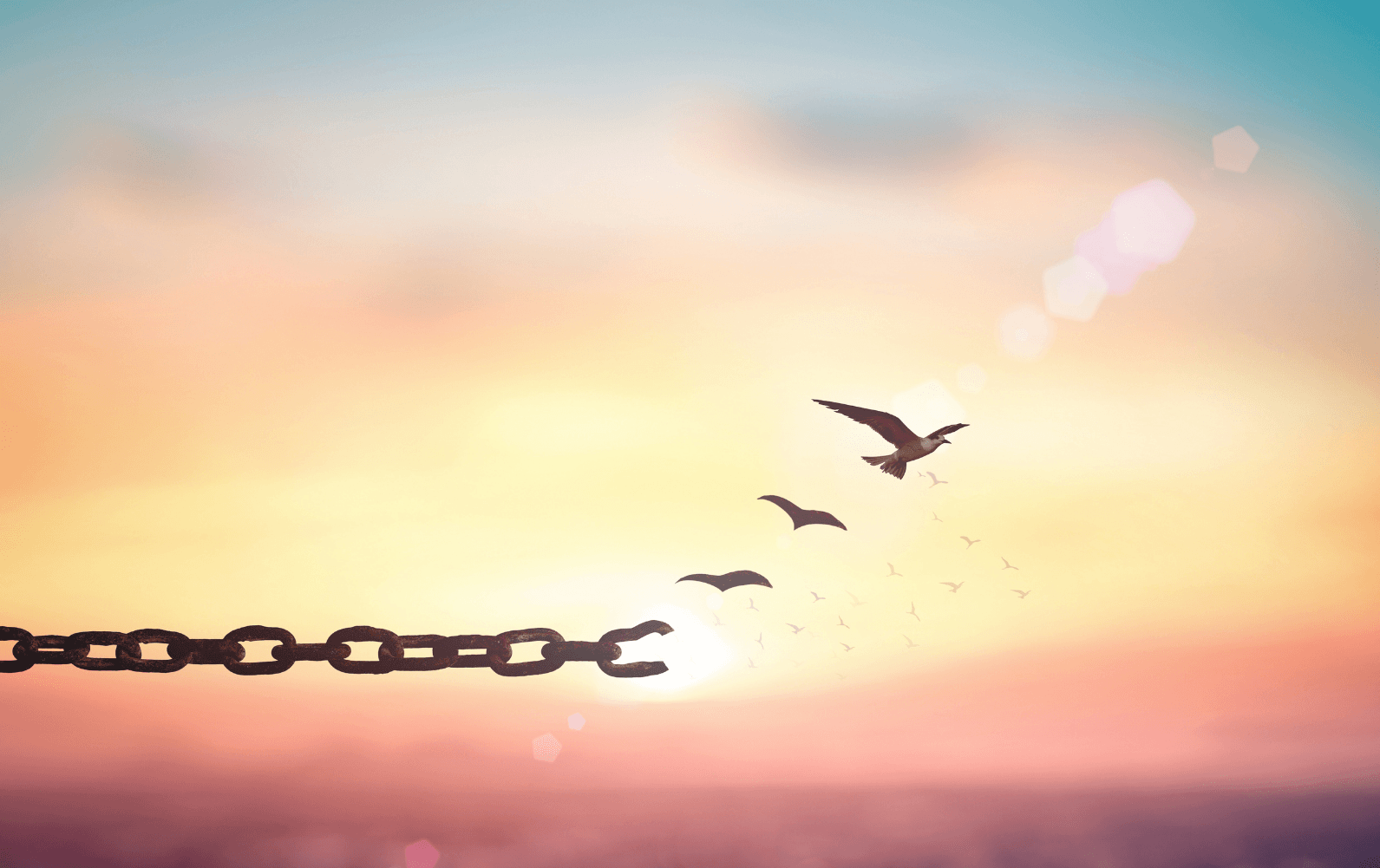“We have followed too much the devices and desires of our own hearts. We have offended against thy holy laws. We have left undone those things which we ought to have done; And we have done those things which we ought not to have done.” The Book of Common Prayer.
Thomas Cranmer, the Archbishop of Canterbury in the mid-16th century, was the author/compiler of the Book of Common Prayer, perhaps the most well-known liturgy in the English language. In Cranmer’s Book, the Morning Prayer service begins with a confession, not of ordinary sins, but of the life altering betrayal of God and oneself.
Modern human beings, if we think about it at all, generally associate what Cranmer calls “offending against holy laws”, with hurtful acts. Though Cranmer does not specify, the usual culprits, cited by both the faithful and those who disavow religious morality, would be items like murder; stealing; lying; sexual violence; financial corruption; cheating on your partner; taking what does not belong to you in the largest sense; unfounded prejudices and hatred in our hearts.
The culprit in all of this, though it is the one place that we believed all along was authentic and true, is our own heart. In Cranmer’s depiction, the heart is a mischievous inciter of fantasies, a puppet master pulling the strings of all of our misbegotten choices and our wrong turns. With its “devices and desires,” the heart sends our life into a completely unexpected direction, from which, without some extraordinary intervention, there may be no turning back. And so, we have done, “those things which we ought not to have done.” What things those are remains each person’s private hell, the fatal thread which, once loosened, unravels the plans we had, the relationships we envisioned.
But had this confession been limited to bad actions, it would read as a rather mundane expression, the lost sheep of humanity straying far from religious boundaries. What is especially unsettling about Cranmer’s text is the equal focus on that which we did not do. How can a life not lived be a sinful act?
If life is a narrative, many of us find ourselves wandering for much of the book, not sure how to proceed or even what story we are telling. Sooner or later we reach an impasse, and a ruefulness begins to take hold, at times alternatively hiding bewilderment and sadness.
Cranmer merely intimates our confusion, the ever-increasing knowledge that we did not live the life we wanted or could have had. We wake up in the morning and find that we are carrying around two lives simultaneously: the one we present to ourselves and our loved ones, and what passes for “the world”; and the other life, the secret life, the one that beckons us and, when we reject or neglect it, simply hangs around as a reminder of what could have been.
The psychoanalyst Adam Phillips puts it this way in his memorable phrasing:
“There is always what will turn out to be the life we led, and the life that accompanied it, the parallel life (or lives) that never actually happened, that we lived in our minds, the wished for life…the risks untaken and the opportunities avoided. We refer to them as our unlived lives because somewhere we believe that they were open to us; but for some reason they were not possible. And what was not possible all too easily becomes the story of our lives.”
Are we living the life we dreamed of living, or are we stuck with the one that suddenly seems to have become our fate? How did that happen?
The most insidious part of self-betrayal is that we often have no idea how and exactly when we began to live in ways that we did not choose. Somehow, somewhere, life got away from us. Invisibly, our hopes fade, our plans vanish, and we are looking up at the clock, which at first moves too slowly and then too quickly. We felt like the world could have been ours, and abruptly, for reasons we cannot fathom or explain to others, the unanticipated future grabs us like a steel vice and will not go. Whatever happens between sunrise and sundown dictates itself to us, and not the other way around.
The late novelist Philip Roth talks about how the assumptions of youth that events will simply conform to our will, shockingly morph into the humbling discovery that our life went astray, without us ever knowing why: “The image that teased me [in my early thirties] was of a train that had been shunted onto the wrong track. In my early twenties, I had been zipping right along there, you know—on schedule, express stops only, final destination clearly in mind; and then suddenly I was on the wrong track, speeding off into the wilds. I’d ask myself, How the hell do you get this thing back on the right track? Well, you can’t. I’ve continued to be surprised, over the years, whenever I discover myself, late at night, pulling into the wrong station.”
How do you get off the track you are on, leave the station where you never should have ended up in the first place, and begin to live a new life? Counter intuitively, the first thing we have to do is stop. Completely.
When cells in the body completely break down, when leukemia or some other blood disorder has flooded the system with poison that will kill us, we might start out with chemotherapy, but that will destroy healthy as well as malignant cells. Sometimes the option is to introduce stem cells, to replace your existing non-functioning system with a brand-new blood stream.
Our lives may need this procedure at some point. We need to replace our thoughts, our habits, our choices, our default excuses, our disavowed or surrendered dreams, and reboot our lives.
And it is so hard to stop, isn’t it? We are brought into the world—deliberately or accidentally—as the product of someone else’s design. And still there is no stop. Unless we call ten minutes of coffee, thirty minutes of yoga, and a week at the beach our version of stopping. Enough to recharge us for the daily treadmill, but not nearly enough to energize us for a life.
Stopping is an opportunity to find and reach out to someone you may have lost track of, and are desperate to find. And that person is you. “To be yourself in a world that is constantly trying to make you something else is the greatest accomplishment,” writes Ralph Waldo Emerson in Self-Reliance. A good deal of what is fashionably termed spiritual living these days is simply to make sure that our daily tasks are embraced and not merely observed, our hearts inhabited and not in retreat, our lives lived and not fearfully avoided. Easier said than done, I know, but being true to oneself is a decision, and probably the most important decision that we will ever make.


0 Comments